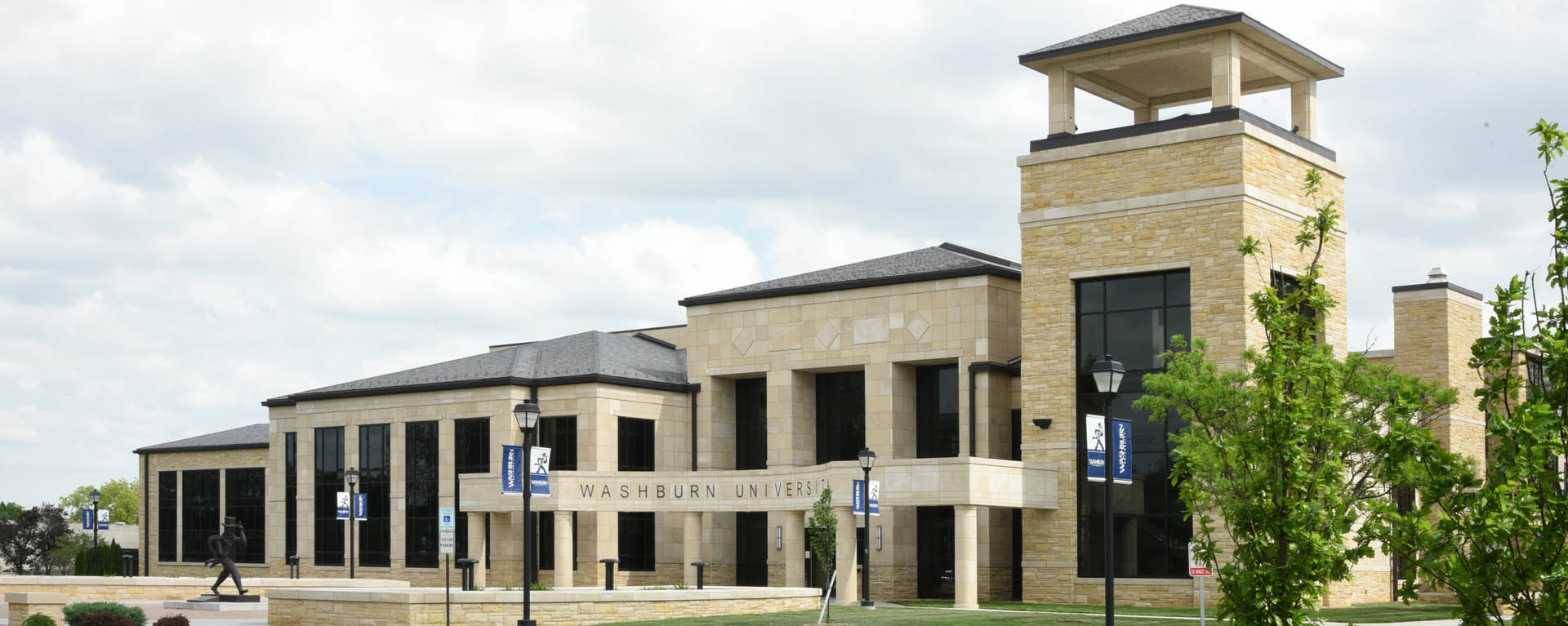
Topeka, Kan. – The language of gratitude does not require translation. Mastering the nuances of English, however, can be challenging for the adult learners from the Ukraine in the English as a Second Language program at Washburn Tech East.
First, the English alphabet is quite different from the Cyrillic, common in their home country. Dealing with the numerous quirks of English would also be puzzling, such as homographs and homonyms: words spelled the same, but may not be pronounced the same or have the same meaning.
ESL instructor Max Stinnett said the students find enunciating words challenging, since each letter of a word is pronounced individually in Ukrainian, and not phonetically, as in English. The best solution? Use the pronunciation tool in Google Search, he said with a smile.
When the newcomers began the ESL classes, they joined students from Africa, Mexico, South America and Central America. Stinnett applauded the dedication of all students in their determination to succeed.
Several students from the Ukraine are parents of children attending public schools. It’s common for the youngsters to embrace a new language with ease, given their casual interactions. As a result, the family unit is reinforced when parents also become proficient, enabling them to participate in the education and social lives of their children and preserve the parental roles.
Adapting to a new life
“It’s impossible to imagine the realities of being displaced by war,” Stinnett said. “One day you are working at your job and your children are in school. Suddenly, out of no fault of your own, you must depend on other people for your basic needs and survival.”
Several students shared with him details of their experiences, he said. Many left their homes in a rush with only a few items stuffed into a backpack. Driving was impossible, due to the lack of fuel and highways clogged with abandoned cars. One option was to take a train to a nearby country, such as Poland, only to find there were no hotels or apartments in which to stay. Women and children were forced to depart without husbands and fathers due to their engagement in military action.
Connecting with an advocacy organization for assistance was vital to securing sponsors for their journey. Some were helped by relatives and even strangers who immigrated to the U.S. years before.
Diverse stories, personalities
Married couple Maksym and Kateryna were owners of a dance studio. They, like several others in the class, now use the Americanized versions of their names, and are referred to as Max and Kate.
Natasha and Masha (Natalia and Maria), are mother and daughter. For 20 years, Natalia was a successful realtor who enjoyed her work. She and three daughters (Maria, Daria and Olga) live with her sister who immigrated to Topeka in 2006. The younger children are in Topeka schools and learning English with less difficulty, she said.
Rymma owned and operated her own business as a seamstress. Relocating to Topeka was the second time her life and that of her 13-year old son had been disrupted by military action. Never again, she hopes.
Olga, a housewife, came with her three children, her mother and a niece. She said her children like the American education system, which is less demanding than the Ukrainian and the teachers are very supportive of the new students.
“Very little English was taught in the Ukraine, and students used books, not laptops, and pencils and paper, not computers,” she said. The youngsters are adapting well to the unfamiliar surroundings in a place they never imagined they would be.
New hurdles
Most of the newcomers lived in urban areas in the Ukraine and as a result didn’t own a vehicle or have a driver’s license. Public transportation there was on a rapid schedule and operated seven days a week, unlike Topeka. Now, tasks such as grocery shopping or attending class often require long waits at the bus stop or walking several miles.
For now, they are prohibited from seeking employment until they are granted a federal work permit, which can take eight or more months. The wait is frustrating, they said. They want to be self-sufficient.
Also undefined is the duration of their stay. The U.S. government established a sponsorship-focused program to streamline the acceptance of up to 100,000 Ukrainian refugees to the U.S. They are required to apply for a humanitarian parole, which expires in two years. The provisions beyond that are not known.
Topeka pride
Despite the uncertainty, their optimism and resiliency is rewarding. They expressed a sense of honor by the display of the flag of Ukraine at Evergy Plaza and are thankful for the establishment of the Greater Topeka Partnership Refugee Task Force. They were also impressed when Topeka Mayor Mike Padilla welcomed them with the presentation of bread and salt, a symbolic Ukrainian tradition.
“We are surprised by the kindness of the people here and how welcome we feel,” said Maria. “We want to be able to embrace our new home and lifestyle.”
All of the students expressed a profound weariness of war and disruption. Rymma, who has been displaced twice by war, said she wishes for serenity.
“Now I only want peace around me. I want stabilization. I want to live in peace,” she said.
-30-
For further information, contact:Lori Hutchinson
Interim Director of Public Relations
Telephone: 785-670-1711
Cell: 785-224-6212
Email: lori.hutchinson@washburn.edu

